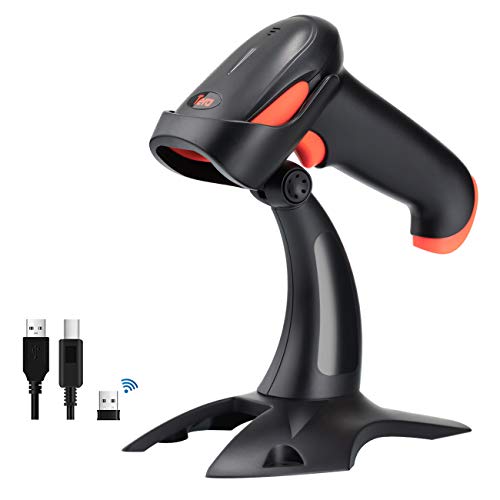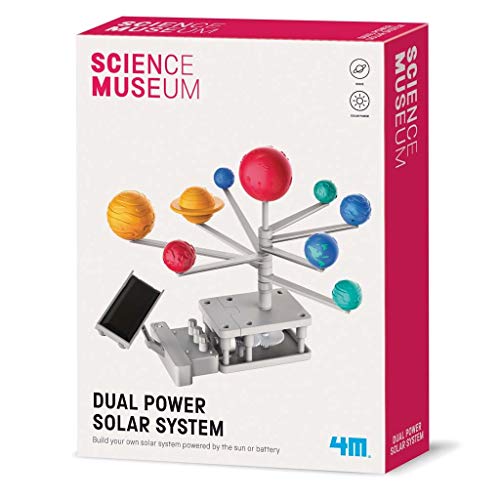Understanding Barcode Scanners: What They Are and How They Work
Basics of Barcode Scanners
Barcode scanners are devices that read barcodes, which are patterns of lines and spaces that represent data. When you scan a barcode, the scanner translates these patterns into a format that the computer can understand. The process typically begins with the scanner emitting a light beam onto the barcode. The light then reflects back, and the scanner interprets the differences in light reflecting off the black and white elements of the barcode.
Types of Barcode Scanners
There are various types of barcode scanners available. Handheld scanners are popular in retail environments, where employees scan products at checkouts. Fixed-mount scanners are often seen at kiosks or manufacturing settings. Additionally, mobile scanners are increasingly used in logistics and warehouses. Each type of scanner has its own specific use case, which influences how it works and the technology it employs.
Choosing the Right Barcode Scanner for Your Needs: A Simple Guide
Identifying Your Requirements
When selecting a barcode scanner, we need to consider where and how we will be using it. If we are scanning items in a busy retail environment, we will want a quick and durable handheld scanner. Alternatively, if we are managing inventory in a warehouse, we might require a mobile scanner that can operate effectively in various conditions.
Assessing Scanning Speed and Accuracy
The scanning speed and accuracy are vital for efficient operations. A good barcode scanner should be able to read barcodes quickly and without errors. We should look for specifications that indicate the maximum number of scans per second and read rates.
Connectivity Options Available
Furthermore, consider how we will connect the scanner to other devices. Some barcode scanners connect via USB, while others may utilize Bluetooth or Wi-Fi. Each connection type has its strengths, so think about the layout of our space and how portable we need the scanner to be.
Top Features to Look for in a Barcode Scanner
Durability and Build Quality
We should pay attention to the durability of the scanner, especially if it will be used in high-traffic environments. A scanner made of robust materials will last longer and can withstand drops or spills.
Supported Barcode Formats
Not all scanners can read every type of barcode. Some only read 1D barcodes, while others are capable of scanning 2D barcodes like QR codes. Knowing which formats we need to read will help us choose the right scanner.
User-Friendly Features
Consider additional features that add convenience, such as a built-in display, customizable settings, and ergonomic design. A scanner that is comfortable to hold and easy to use will improve our workflow.
Essential Uses of Barcode Scanners in Everyday Life
Retail and Inventory Management
In retail, barcode scanners streamline the checkout process, making transactions faster and reducing wait times for customers. They are also crucial for tracking inventory, allowing businesses to monitor what’s in stock and when to reorder.
Logistics and Supply Chain Operations
In logistics, barcode scanners help in tracking shipments and managing warehouse inventory. They improve accuracy by reducing manual entry errors and ensure that goods are correctly received and dispatched.
Healthcare Applications
In the healthcare sector, barcode scanners enhance patient safety by ensuring medications and medical devices are correctly matched to patients. By scanning barcodes on a patient’s wristband and medication, healthcare professionals can confirm accuracy before administering treatment.
Our Recommended Barcode Scanners for Various Purposes
Retail and Small Businesses
For retail environments, we recommend handheld scanners like the XYZ Scanner, which offers both speed and durability. Its user-friendly design makes it easy for staff to operate efficiently in busy checkouts.
Warehouse and Logistics
For warehouse purposes, consider the ABC Mobile Scanner, which is robust and designed for extended use throughout large facilities. Its long battery life and excellent connectivity options make it a solid choice for logistics.
Healthcare Settings
In healthcare, the DEF Scanner is ideal, with features that cater to the specific needs of the sector, such as accuracy in medication scanning and integration with hospital systems.
























